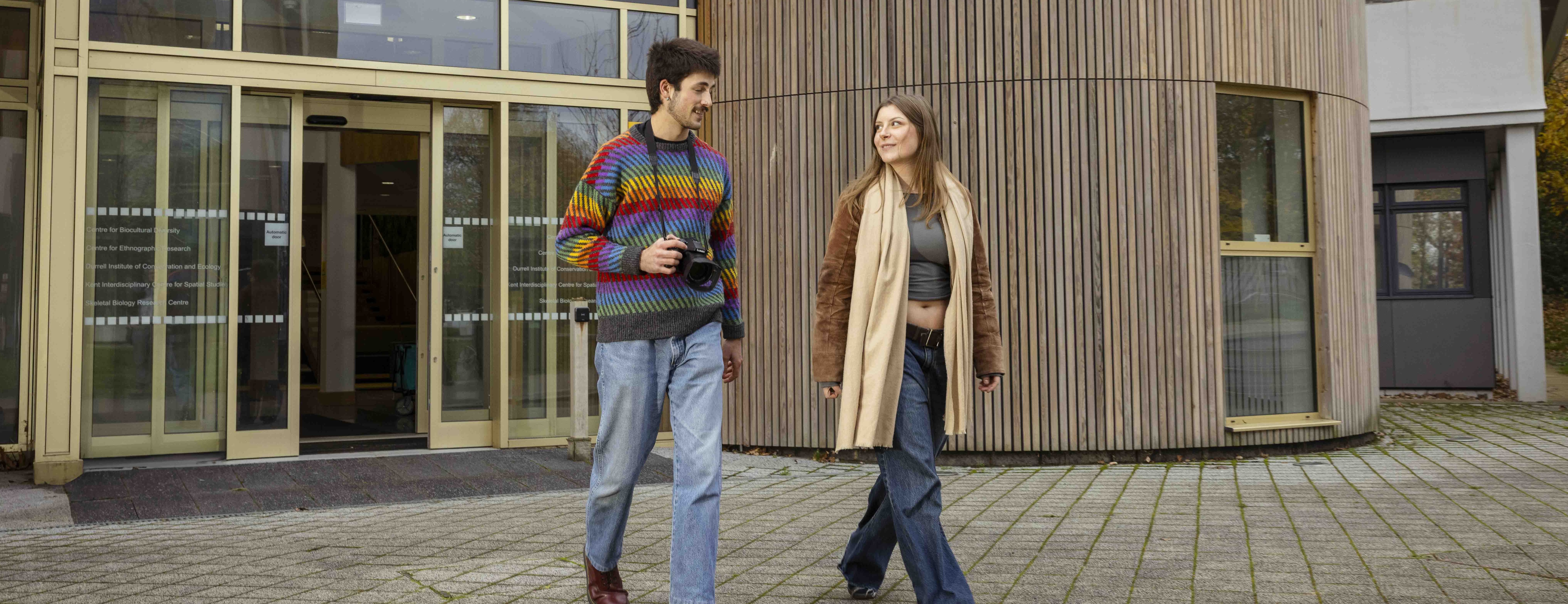
Hi Bob, thanks for joining us. Can you tell us a bit more about your role with DICE?
I’m a Professor in Conservation Science and much of my time is spent teaching students and working with my research group. As the Director of DICE, I have a broader role in supporting our students and staff to help achieve DICE’s conservation mission, so lots of my time is spent raising funds, creating and building partnerships and dealing with dozens of small, random things. I get to work with lots of great people and it’s really rewarding to see what everyone achieves. I’m also the Centre Lead of our new ‘E3 Sharing Space for Nature” initiative, which is an incredibly exciting research project on the role of conservation areas in multifunctional landscapes and seascapes, both locally and around the world.
What are your research interests?
Most of my research focuses on conservation areas, like national parks and community nature reserves. This started with my PhD, which was based in Maputaland, a biodiversity hotspot that covers parts of Eswatini, Mozambique and South Africa. I’m lucky enough to work there still with a range of friends from different organisations, and I’ve yet to find a nicer place to work. It was in South Africa that I learnt the systematic conservation planning approach for identifying priority areas for conservation action. This involves working with stakeholders to translate broad conservation goals into specific objectives, based on a whole range of biodiversity, socio-economic and social data and accounting for the local context. I’ve used this approach on projects in 28 countries across the world, and my recent research has looked at how best to apply it in England. My research has also covered different topics that I think are interesting and important, including human-elephant coexistence, the influence of corruption on conservation and how best to use marketing ideas to improve conservation fundraising.
Finally, can you tell us a fun fact about yourself?
Throughout my career, I’ve been repeatedly outsmarted by vervet monkeys.
